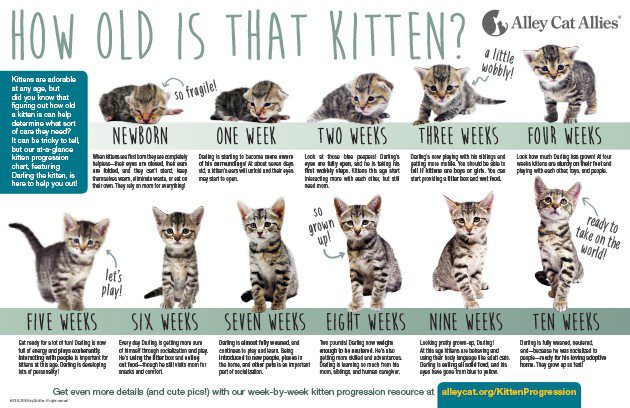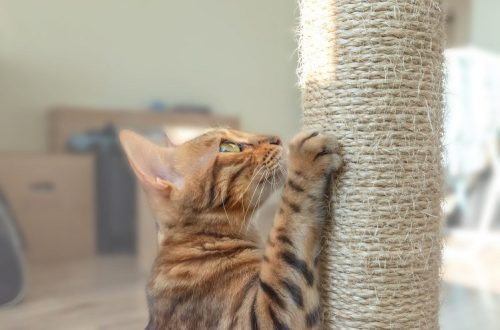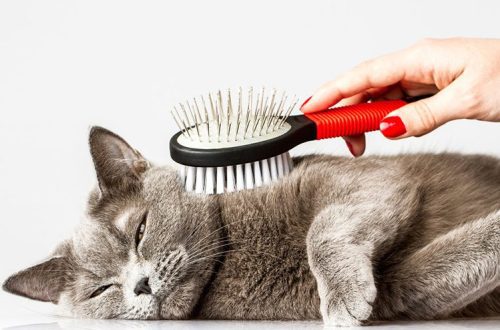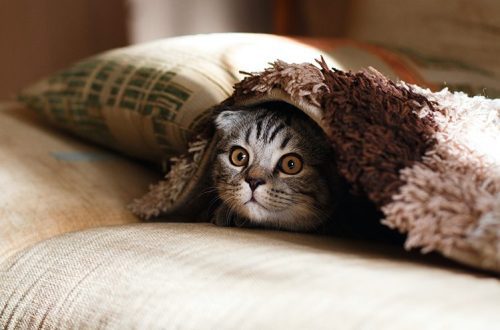
Stages of development of kittens
The development of kittens is conventionally divided into several stages depending on their age. Moreover, the fastest changes occur with animals in the first days after birth. At this time, experts consider the development of kittens literally by the day. But already from about the age of two to three weeks, this process slows down. The owner can observe the development of kittens for weeks and even months. How does it happen?
prenatal period
This is the name of the prenatal stage, when the cat is pregnant. Since at this time the kittens are very sensitive to the emotional state of the mother cat, it is important to provide her with a calm and friendly atmosphere. If possible, from the first day of pregnancy, protect the cat from other animals, try to caress it more often and monitor the usefulness of the diet.
neonatal period
The development of kittens from birth until they reach ten days of age is called the neonatal period. At this time, the most rapid and amazing changes occur.
A kitten is born blind and deaf, its nervous system has not yet fully formed. He navigates in space thanks to his sense of smell and touch and can find his mother at a distance of 60 centimeters. Babies spend almost all the time in hibernation, only occasionally waking up in order to refresh themselves with mother’s milk.
Interestingly, at this time, the kittens already have some reflexes. The most important reflexes include sucking, hiding, and the perineal reflex, which provokes defecation and urination. The fact is that a newborn kitten cannot control these processes. Licking the baby’s belly, the cat stimulates the process of cleansing his body. If the kittens were left without a mother, in the first few weeks, the owner after feeding the kittens should help them defecate by massaging the abdomen and perineum.
Approximately on the 5th-8th day of life, the kitten’s ear canal opens, the kittens begin to hear. Therefore, during this period, it is important to provide them with peace and tranquility.
Transitional period
This stage starts from the moment when the kittens’ eyes open and lasts until the moment when the animals start to walk. Approximately from the 10th to the 15th-20th day.
At this time, the kitten begins to hear and see the world around him. In addition, the musculoskeletal system is strengthened, and the kitten begins to walk a little.
The transition period is marked by the beginning of the socialization of kittens, when they develop attachment to each other and to the mother. At this time, favor and affection for a person are also established. To make a cat tame and affectionate, it is important to gradually establish contact with the kitten. The owner needs to take the kitten in his arms, caress him, increasing the time from 2-3 minutes at first to 40 minutes daily.
Also in the transitional period, the role of the mother as an educator and controller increases. With the help of games and communication, she regulates the behavior of kittens, teaches them the basics of hunting and interaction with the outside world. The owner can also take part in this process. It is important to introduce the kitten to new smells and sensations through toys and other safe items.
This stage lasts from about three to ten weeks. During this period, the development of kittens is associated with the distribution of social roles. The owner can notice the established character of the kids.
At this stage, the final formation of self-care skills and instilling cleanliness takes place, when kittens learn to go to the tray and wash themselves.
Around this time, the first vaccination of kittens and a medical examination take place. Your veterinarian can create a complementary feeding plan as the animals gradually stop feeding on their mother’s milk. But, despite the apparent adulthood and independence, weaning kittens from their mother is still not recommended.
Juvenile period
The juvenile stage begins at about 11 weeks and lasts until puberty, that is, up to four to five months. The kitten becomes hyperactive and curious. The task of the owner is to ensure his safety during this period. At the age of three months, the kitten is perfectly oriented in space, knows its name, is accustomed to the tray and does not depend on the mother. So, this is the best time to transfer it to new owners.
The development of kittens by weeks ends at about three months. Further maturation slows down. At this time, the strengthening of the muscular corset, the final change of teeth takes place. There comes a period of puberty. Cats become adults at about a year old.





